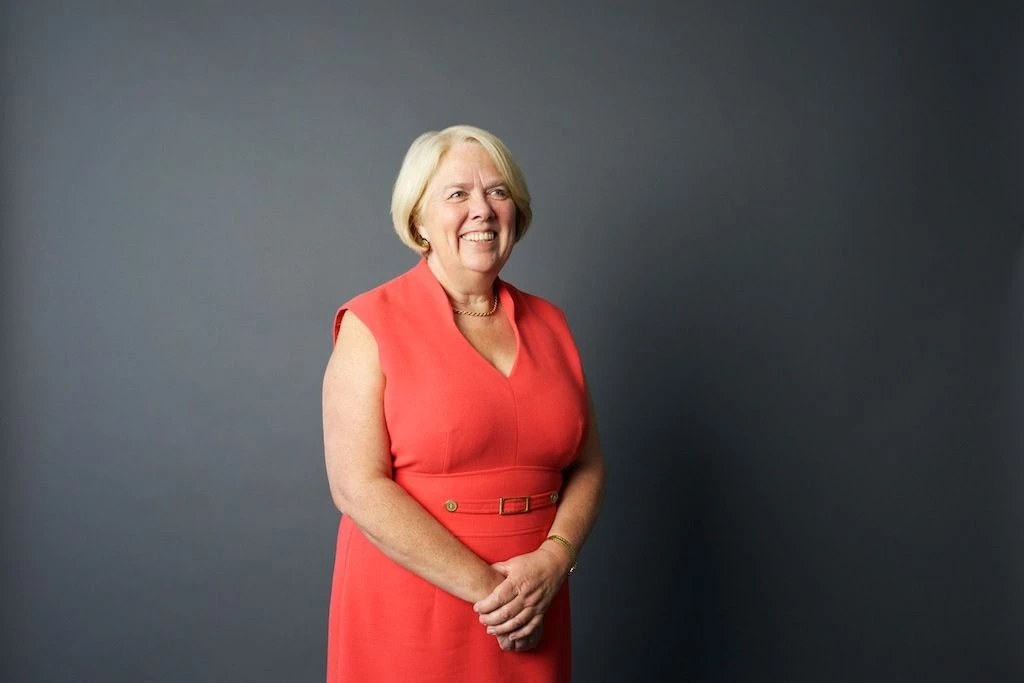
Partner Article
Two years on; how the Seed Enterprise Investment Scheme could help your small business
The Seed Enterprise Investment Scheme, also known as SEIS, has so far helped over 1,000 companies raise finance. Private investors have invested over £82 million through the scheme. (Official Government figures 2013).
The SEIS offers tax benefits and encourages investment in small and early stage companies by reducing the risk of investing in these types of companies.
But according to Carol Cheesman, of Cheesmans Accountants, many businesses still aren’t aware that this can be utilised - even though it was launched two years ago on the 6th of April 2012.
The purpose of the scheme is to offer tax reliefs to investors in higher-risk companies that are less than two years old, have fewer than 25 employees, have gross assets of no more than £200,000 and have a permanent UK establishment. It also aims to enhance economic growth in the UK and promote entrepreneurship.
One of the key benefits of utilising the SEIS is it reduces the risk of investing in small, early stage companies. Over 50% of new businesses fail in their first year, and the finance raised from the SEIS can significantly help these new companies get the start they need and help them survive in the long-term.
Investors using the scheme can invest up to £100,000 in to a company in a single tax year rising to a maximum of £150,000 over two or more years. The investments will benefit from 50% income tax relief. From a Capital Gains Tax perspective any disposal of the shares acquired through SEIS will be CGT exempt provided they have been held for at least three years and the relevant conditions have been met.
A potential disadvantage of using SEIS is that the tax laws are fairly complex – but this is in the process of being simplified.
It is also important to consider the following before contemplating the SEIS:
An investor cannot have a substantial interest in the company and this is classed as holding more than 30% of the issued share capital. Shareholdings of associates are taken into account in this regard with associates being classed as business partners, trustees of a trust under which an investor is beneficiary or settlor, spouses, civil partners, parents, children and grandchildren.
The investor cannot be employed by the Company at any time during the qualifying three year period. Being a director is not, for these purposes, classed as being an employee.
The relief on both income tax and CGT can be withdrawn or reduced if the following events occur within three years from the date of issue of the shares:
(i) the investor becomes an employee of the Company;
(ii) the investor’s shareholding becomes a substantial interest in the Company;
(iii) the investor disposes of the shares (except where transferred to a spouse or civil partner);
(iv) the investor receives value from the Company (i.e being repaid for shares held or receiving a loan or benefit from the Company); or
(v) the Company loses its qualifying status.
To take advantage of the scheme, Carol Cheesman advises the following steps:
Seek advanced assurance from HM Revenue and Customs. Whilst this is not compulsory it is advisable.
A form SEIS1 has to be completed but cannot be submitted until the Company has been trading for at least four months or has spent at least 70% of the funds invested. If approved HMRC will issue a certificate to the Company together with claim forms (SEIS3) to be supplied to the investors in order for tax relief to be claimed.
If you have started, or are about to start, a new business and you need external funding then it is worth considering SEIS. However, it is always advisable to get professional advice – not only to ensure that you meet all the required criteria but also to ensure that SEIS is the best way forward for your company. It has many advantages but it is not always right for everyone and once you’re registered as a SEIS company you need to make sure that you continue to fulfil the relevant criteria in order to maintain the tax benefits.
Carol Cheesman is Principal of Cheesmans Accountants based in Islington, North London. Always client focused, she regularly meets with clients in person and has a hands-on approach in all of the services the firm offers.
This was posted in Bdaily's Members' News section by Kenny Mac .
Enjoy the read? Get Bdaily delivered.
Sign up to receive our popular morning National email for free.








 Raising the bar to boost North East growth
Raising the bar to boost North East growth
 Navigating the messy middle of business growth
Navigating the messy middle of business growth
 We must make it easier to hire young people
We must make it easier to hire young people
 Why community-based care is key to NHS' future
Why community-based care is key to NHS' future
 Culture, confidence and creativity in the North East
Culture, confidence and creativity in the North East
 Putting in the groundwork to boost skills
Putting in the groundwork to boost skills
 £100,000 milestone drives forward STEM work
£100,000 milestone drives forward STEM work
 Restoring confidence for the economic road ahead
Restoring confidence for the economic road ahead
 Ready to scale? Buy-and-build offers opportunity
Ready to scale? Buy-and-build offers opportunity
 When will our regional economy grow?
When will our regional economy grow?
 Creating a thriving North East construction sector
Creating a thriving North East construction sector
 Why investors are still backing the North East
Why investors are still backing the North East